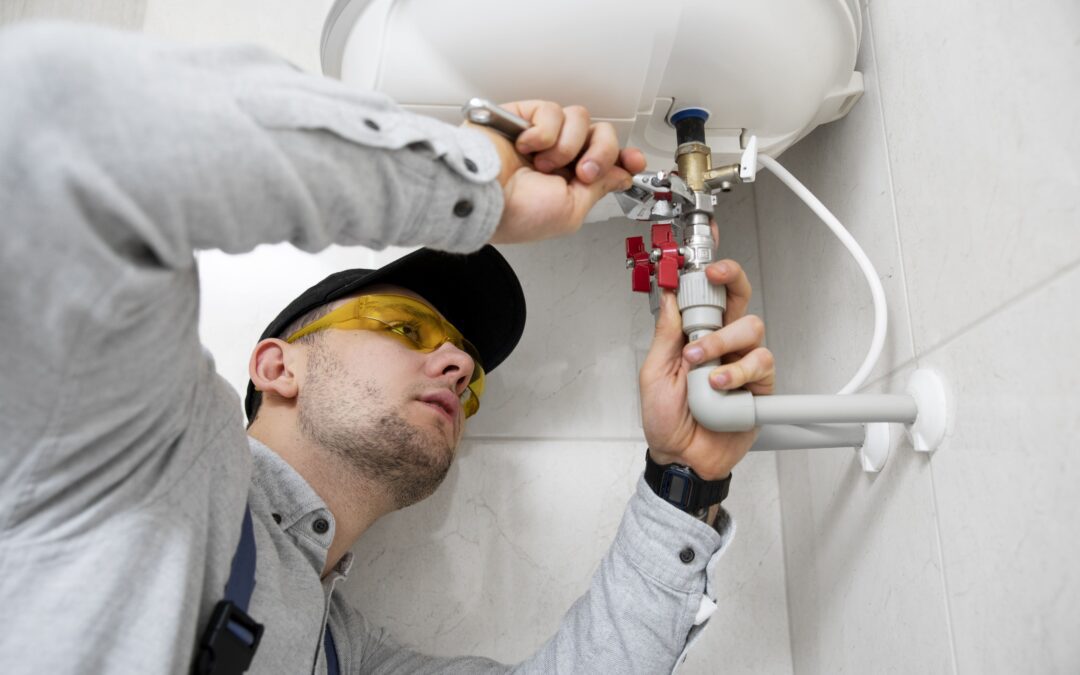If your home suddenly starts smelling like rotten eggs or a damp basement, it’s not something to ignore. That unpleasant odor could be sewer gas and it’s often a sign of a bigger plumbing issue. While the smell alone can be enough to make your home uncomfortable, it can also pose health risks and signal damage to your plumbing system.
Let’s break down what sewer gas actually is, how to spot the signs of a leak, and why you should call a plumber in Pennsylvania if the smell won’t go away.
What Is Sewer Gas and Why It’s a Problem
Sewer gas is a mixture of gases produced by the breakdown of organic household waste. Hydrogen sulfide is usually the main contributor, and it’s what gives off that distinct rotten egg smell. It typically stays sealed to your plumbing system thanks to built-in traps and vents, but when something goes wrong, it can leak into your home.
Aside from the bad odor, sewer gas exposure can cause headaches, nausea, fatigue, and respiratory issues, especially in high concentrations. That’s why a consistent smell should never be brushed off.
Signs You Might Be Dealing with Sewer Gas
It’s not always obvious where a smell is coming from, but certain clues can point to sewer gas as the source. These signs include:
- A sulfur-like or rotten egg smell that lingers or intensifies over time
- Gurgling or bubbling noises coming from sinks, tubs, or toilets
- Frequent drain clogs or slow-draining fixtures
- Headaches or nausea when inside the home for long periods
- The smell worsens during humid weather or after heavy rain
What You Can Do Before Calling a Plumber
There are a few things homeowners can try before bringing in a professional:
1. Run Water in Infrequently Used Drains
Floor drains or guest bathroom sinks that rarely get used can dry out. This lets sewer gas pass through because the water trap that normally blocks odors is empty. Simply running water for a few seconds can refill the trap and block the smell.
2. Use a Gas Detector
Handheld sewer gas detectors are available online and can identify the presence of hydrogen sulfide or methane. They’re not always precise, but they can help confirm that the smell isn’t your imagination.
3. Pay Attention to Patterns
Sometimes your nose is the best tool. If the smell always returns after showers, rain, or specific times of day, those patterns can give clues about the source of the issue.
4. When It’s Time to Call a Professional
If the smell doesn’t go away after basic troubleshooting, or if it comes back regularly, it’s time to call in a licensed plumber. Sewer gas can leak into your home due to cracked pipes, faulty vents, clogged drains, or problems in the sewer line.
A professional plumber will use tools like smoke testing or pressure testing to find the root of the problem.
Contact Agentis Plumbing for Residential Plumbing Repair in Pennsylvania!
If you’ve noticed sewer smells in your home or are dealing with persistent plumbing problems, Agentis Plumbing is ready to help. We offer professional residential plumbing services throughout Pennsylvania, with quick response times and clean, reliable service.
Contact us today for expert help with all your plumbing repair needs.

